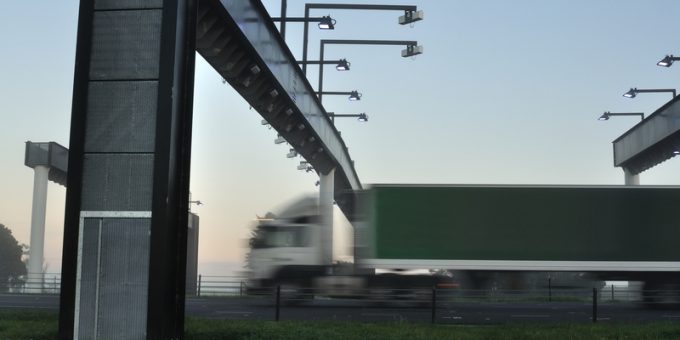Cut in automotive freight costs triggers uproar among German SME hauliers
Everyone’s feeling the pain…

The global road freight industry could be looking at an accumulated loss nearing $1trn as a result of the coronavirus outbreak, the International Road Transport Union (IRU) has warned.
“On the basis of the significant fall in intercontinental container shipments, IRU estimates a decline in global ...
Four crew members still missing as Wan Hai 503 continues to burn
Explosions and 'out-of-control' fire reported on Wan Hai box ship
Predatory rivals circle as the ripples from DSV's Schenker buy widen
MSC Elsa crew face criminal probe, as Wan Hai 503 firefighters battle on
'It's driving us mad', say forwarders as US court fails to end tariff turmoil
Transpacific rates ease as capacity boost proves too much for trades to digest
European port congestion easing – for now
CMA CGM 'testing the water' of the Suez Canal for more services
Flexport: Sanne Manders talks profitability, fire-sales and Dave Clark
DSV insiders hit back at Kuehne & DHL GF – got a 'pro integration' going
More legal trouble in India for MSC: feeder vessel detained after box ship disasters
EXCLUSIVE: Schenker top exec departs 'One DSV' – fishing continues (Part 1)

Comment on this article